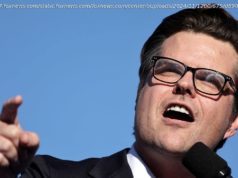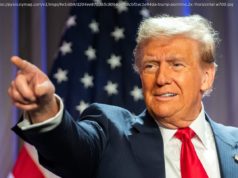William P. Barr was grilled Wednesday over revelations that special counsel Robert S. Mueller III complained about the attorney general’s descriptions of his findings regarding President Trump.
Attorney General William P. Barr sparred repeatedly with Democratic lawmakers at a contentious hearing Wednesday in which he acknowledged deep disagreements with special counsel Robert S. Mueller III but denied misleading the public or Congress about his investigation.
Much of the hearing centered on revelations that Mueller complained more than a month ago about Barr’s initial public depiction of the special counsel’s findings. Democrats’ questions were met with avuncular answers about legal definitions and Justice Department policies, which seemed to further frustrate lawmakers. At one point, an exasperated Sen. Sheldon Whitehouse (D-R. I.) accused Barr of “masterful hairsplitting.”
As The Washington Post reported Tuesday, Mueller wrote a letter in late March expressing dissatisfaction to Barr that the attorney general’s four-page memo to Congress, which described the principal conclusions of Mueller’s investigation into President Trump, “did not fully capture the context, nature, and substance” of the special counsel’s work.
[Mueller complained that Barr’s letter did not capture ‘context’ of Trump probe]
“I think history will judge you harshly and maybe a bit unfairly,” said Sen. Richard Blumenthal (D-Conn.), suggesting that Barr may have become the Trump administration’s “fall guy” for blunting the impact of Mueller’s findings.
The disclosure of Mueller’s letter to Barr and a subsequent phone call between the two to discuss their disagreement escalated the already sky-high tension surrounding Barr’s appearance before the Senate Judiciary Committee — the first opportunity for lawmakers to question Barr directly since he released a redacted version of Mueller’s 448-page report on April 18.
[Read: Special counsel’s letter to the attorney general]
Barr insisted Mueller had not disputed the accuracy of the attorney general’s statements, but rather felt the public needed more information more quickly than Barr was willing to release.
“My understanding was, his concern was not the accuracy of the statement of the findings in my letter, but that he wanted more out there to provide additional context to explain his reasoning and why he didn’t reach a decision on obstruction.”
Barr also said that Mueller’s letter followed days of negative media coverage about the report, suggesting a possible connection.
“My view of events was that there was a lot of criticism of the special counsel for the ensuing few days, and on Thursday, I got this letter,” Barr said.





